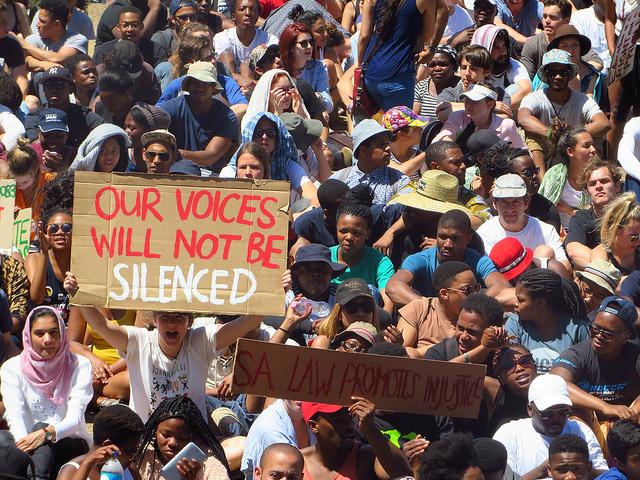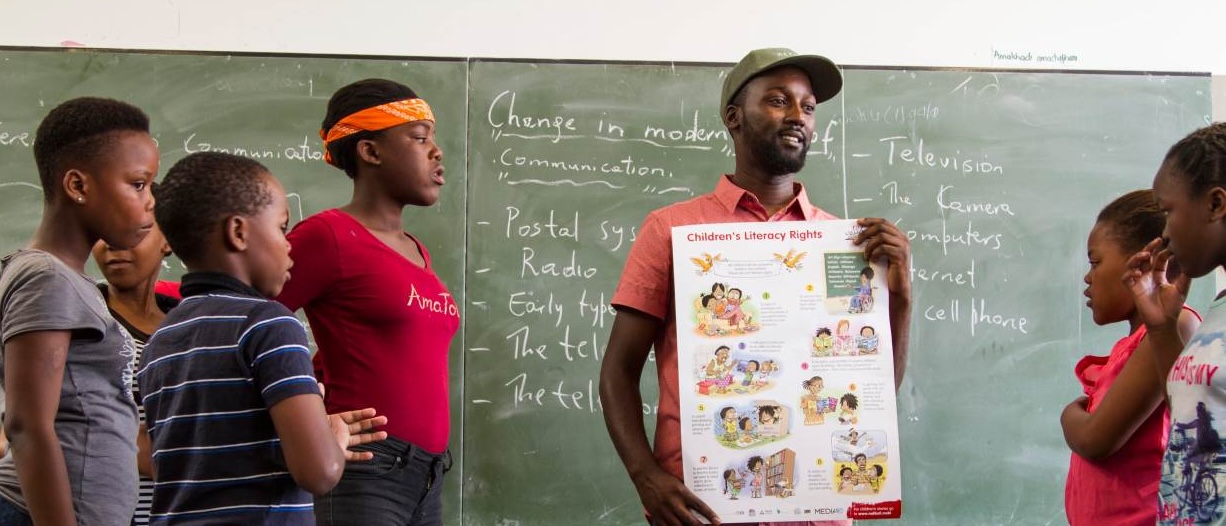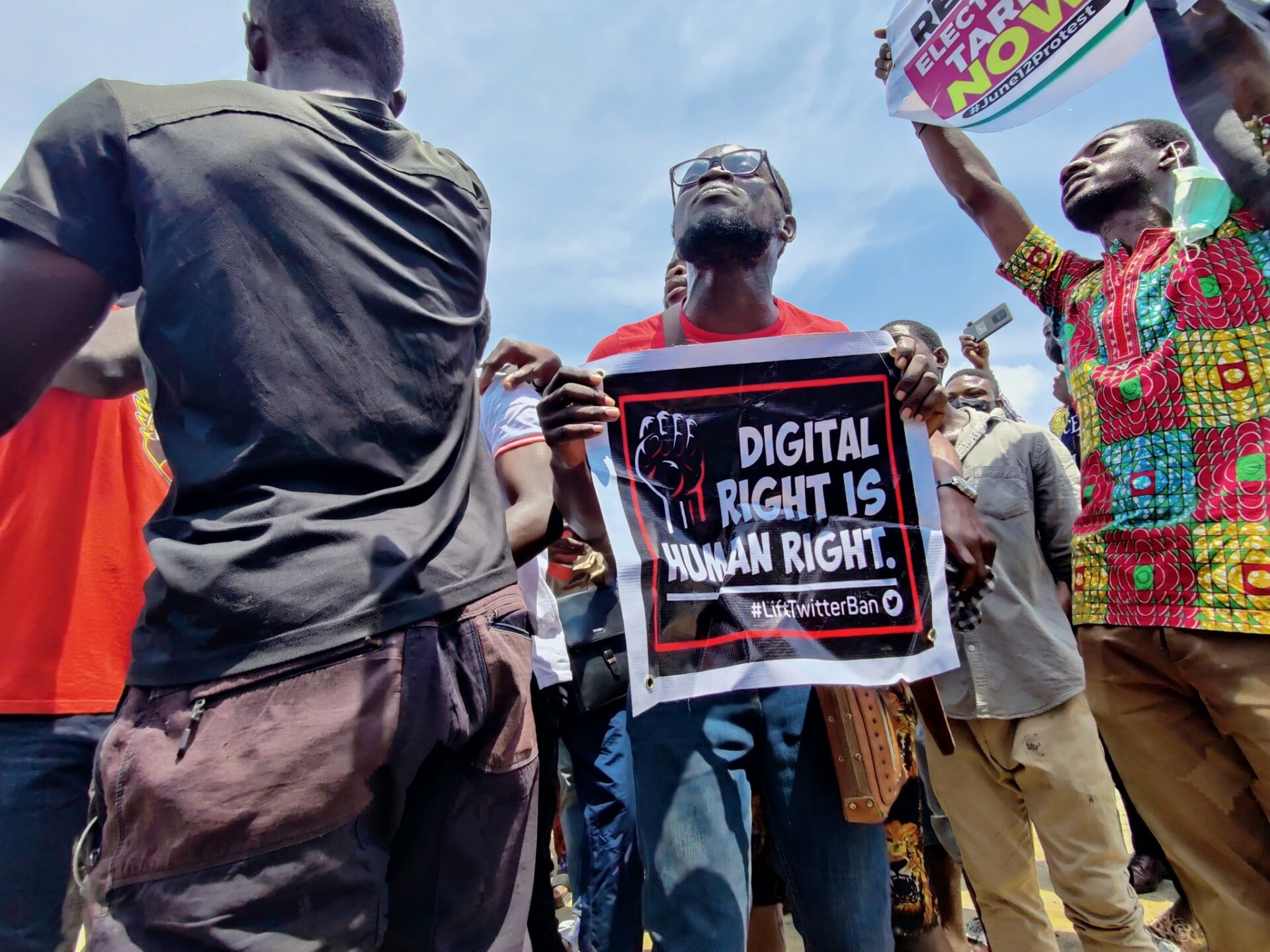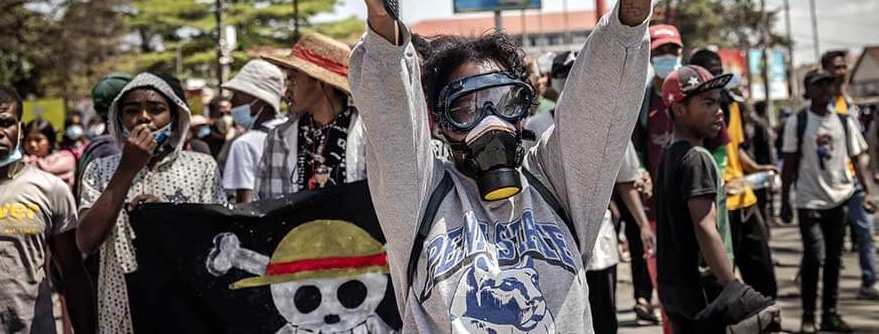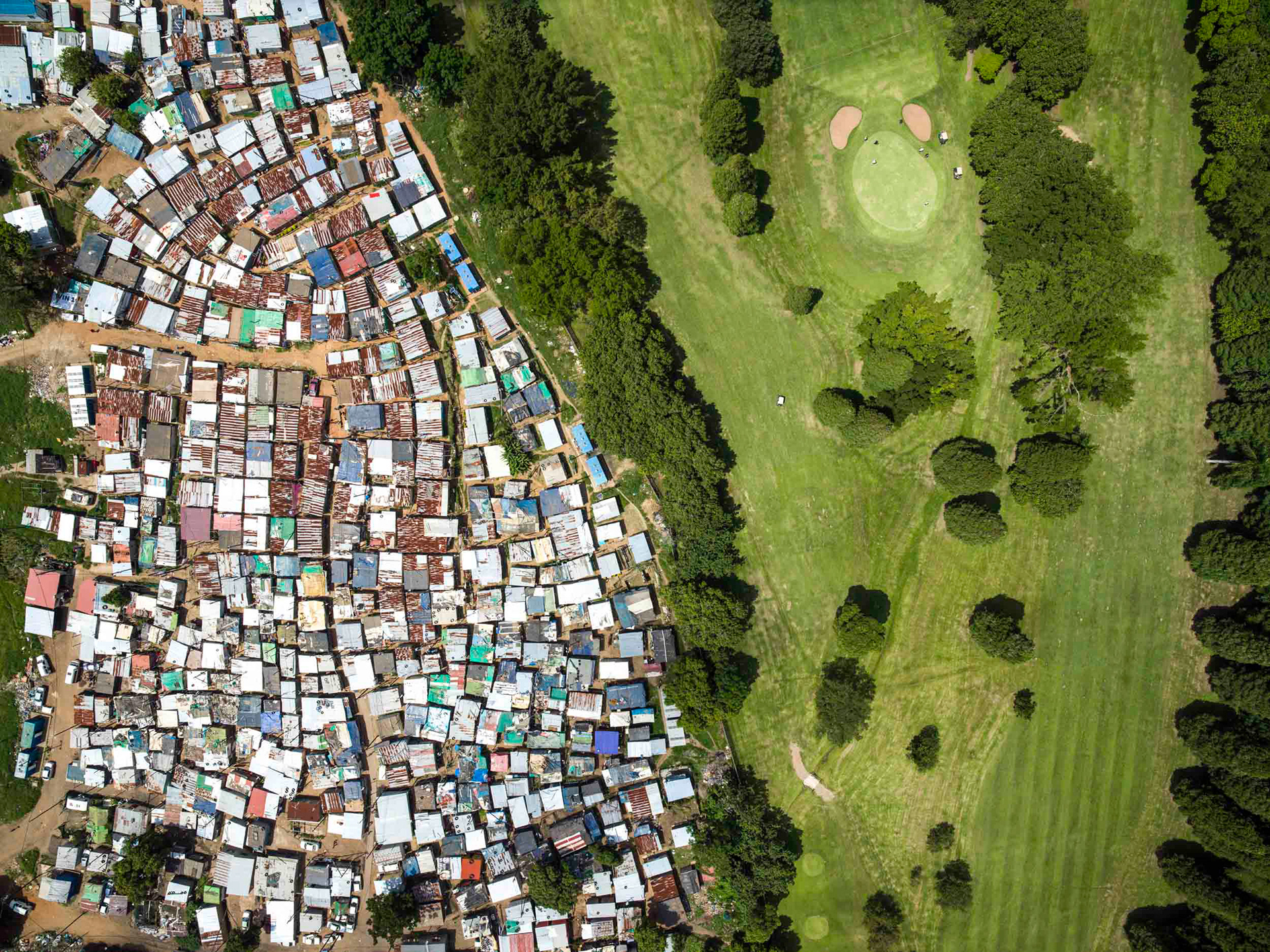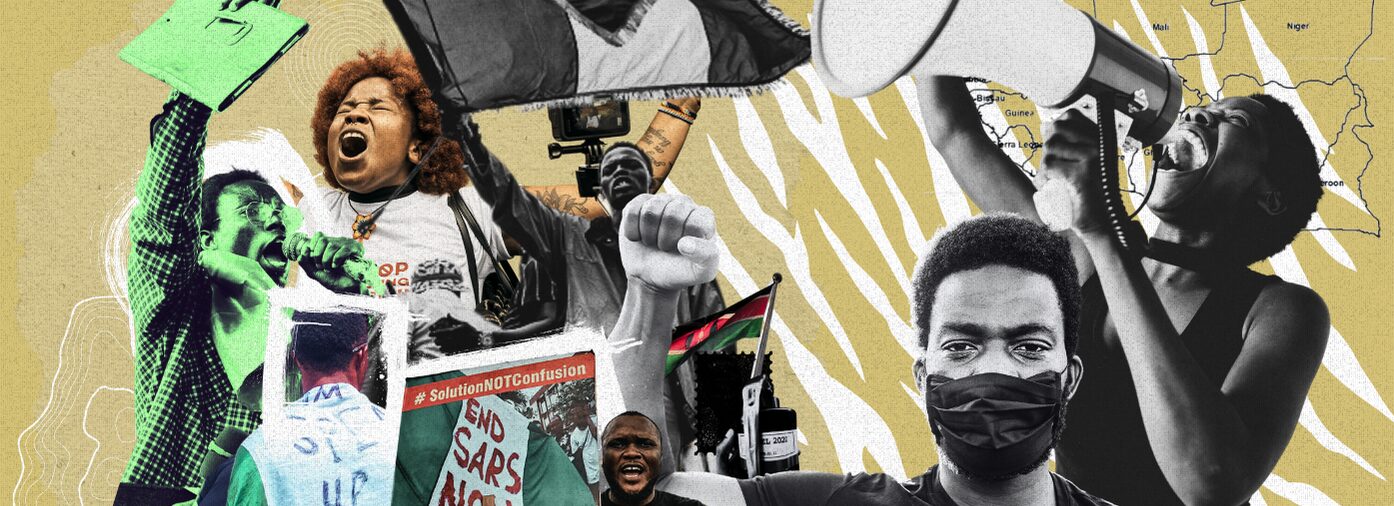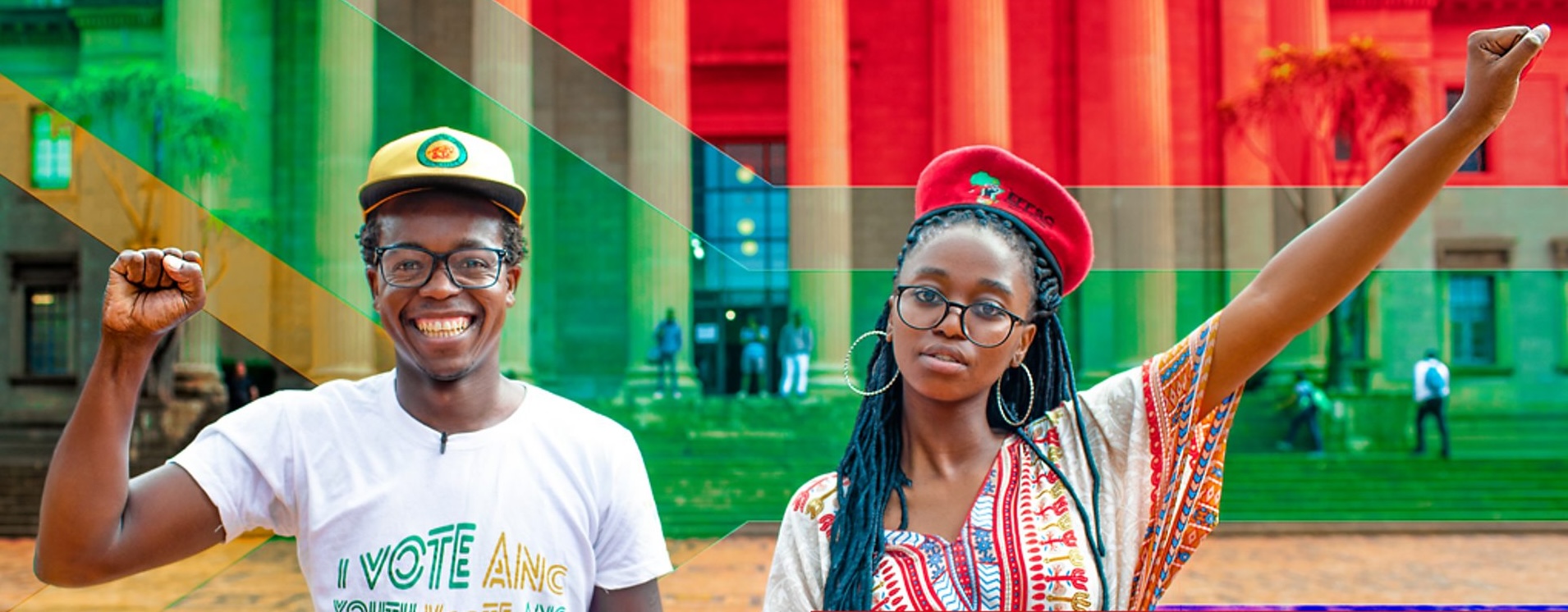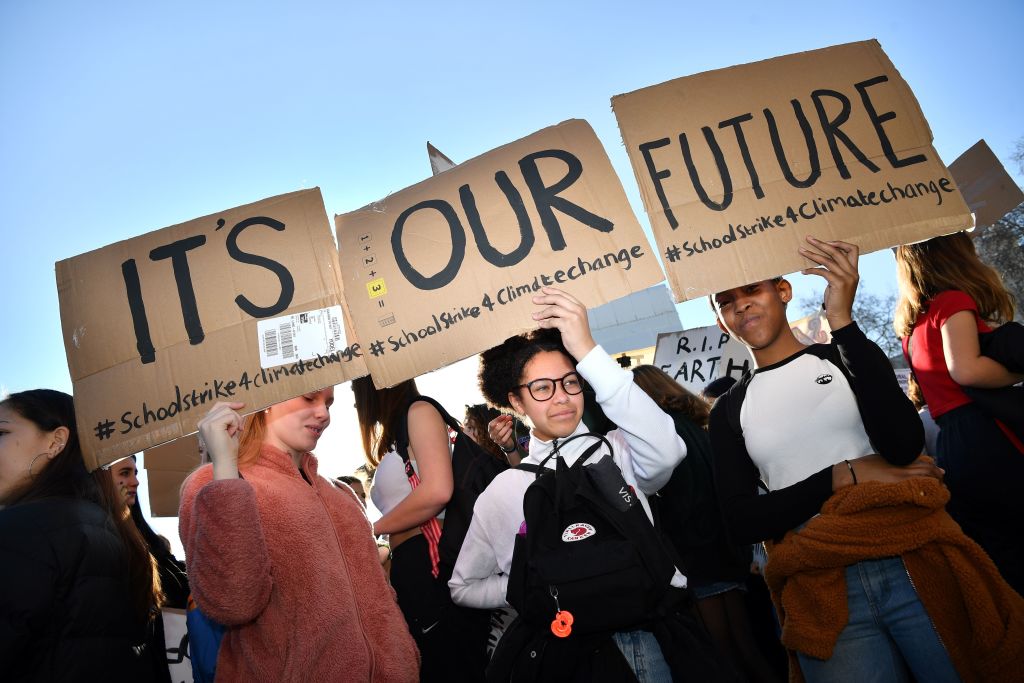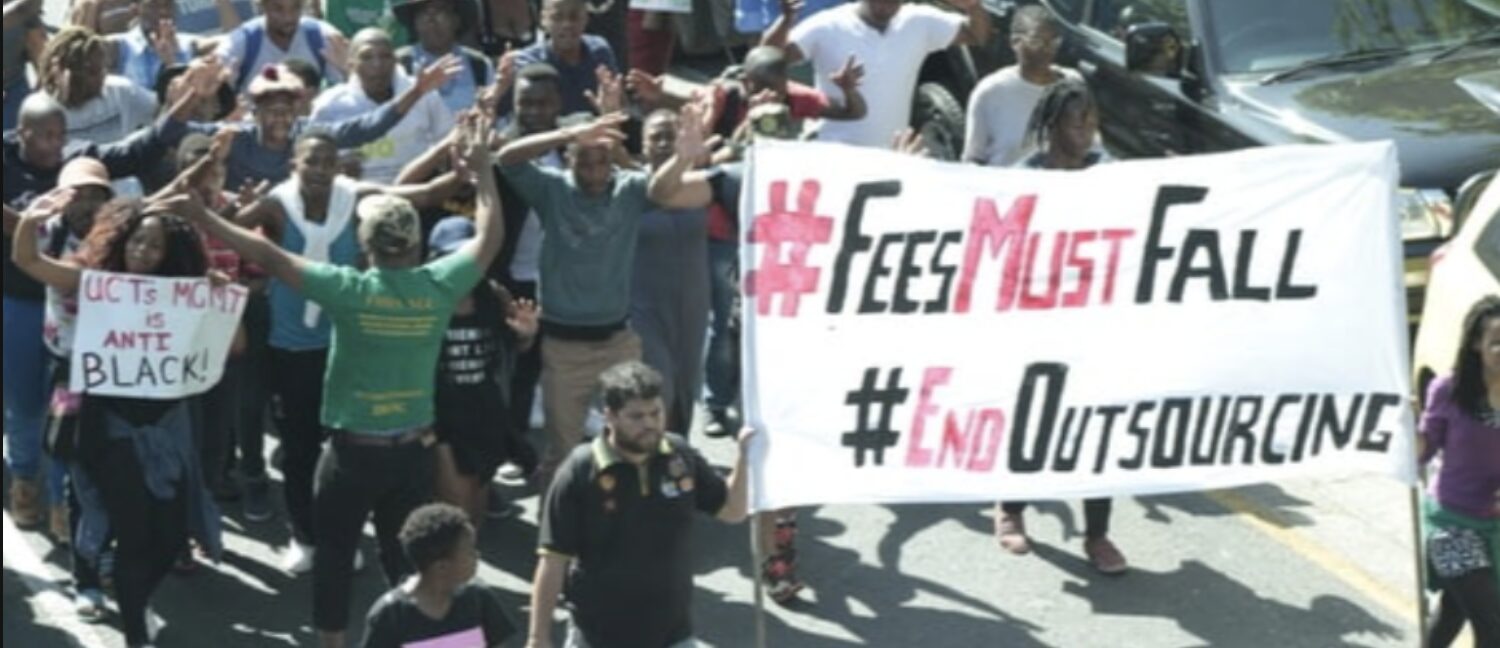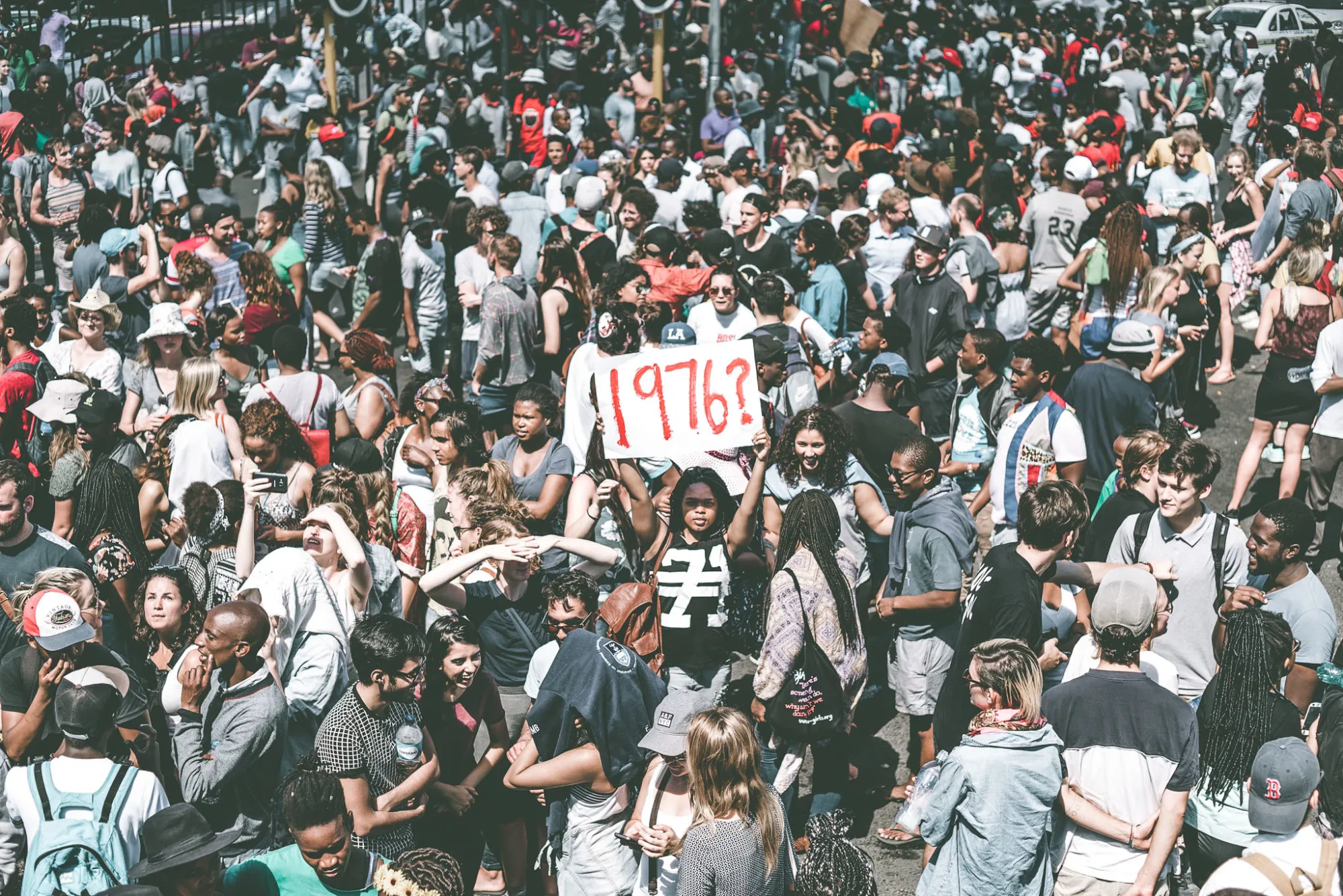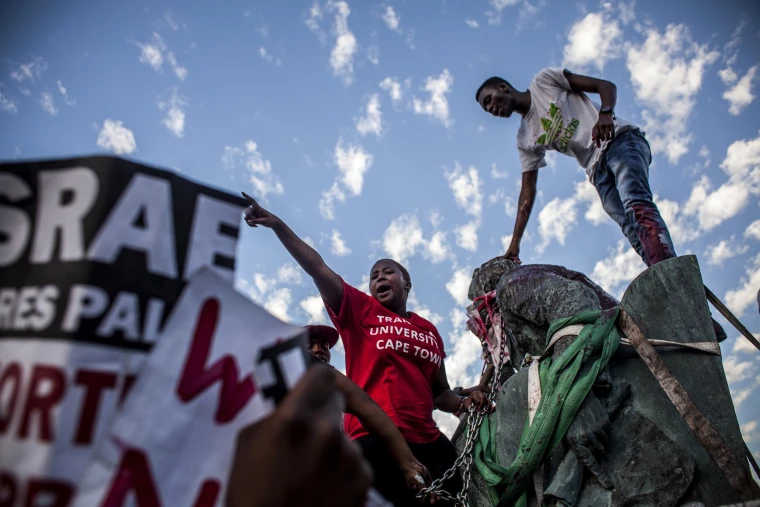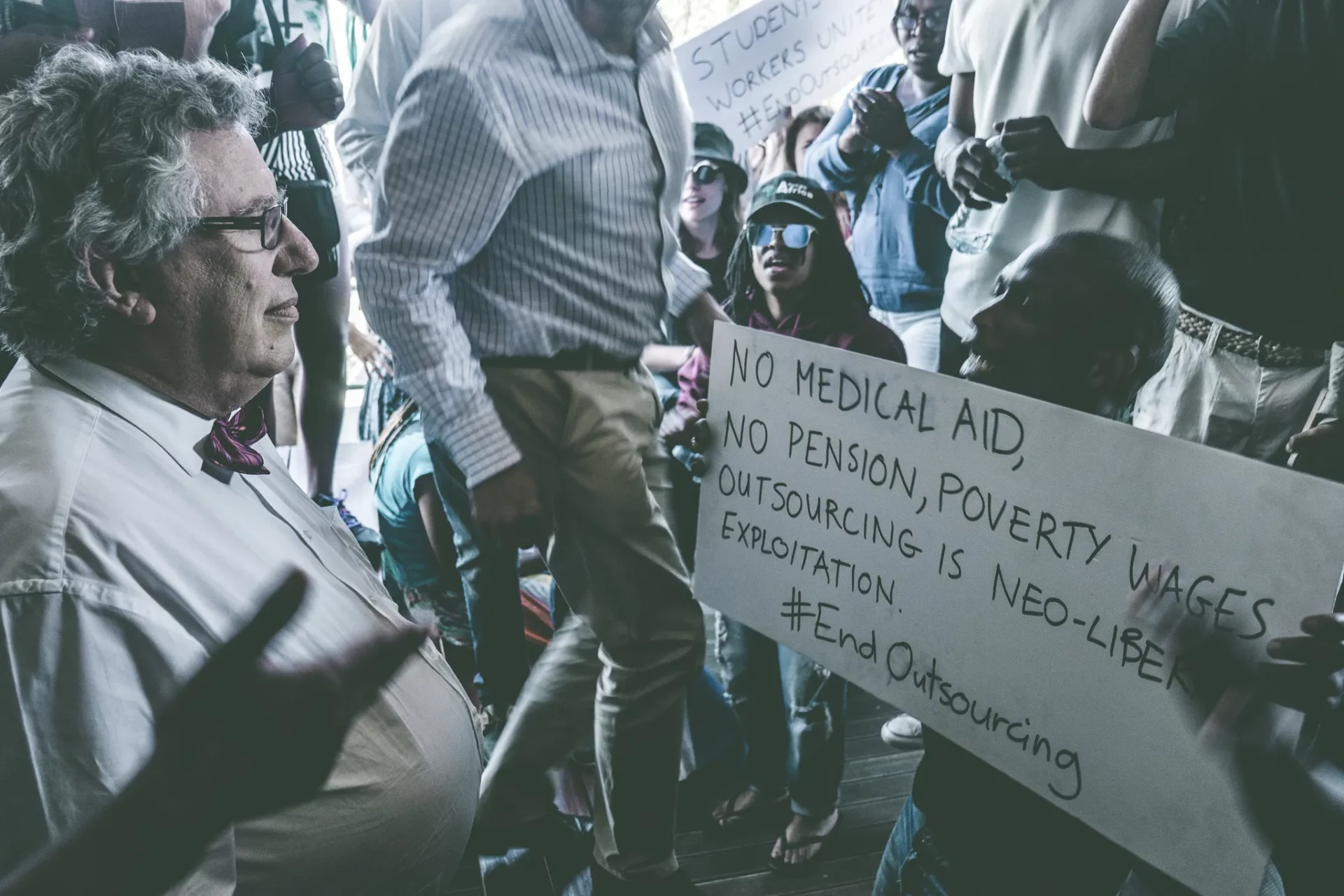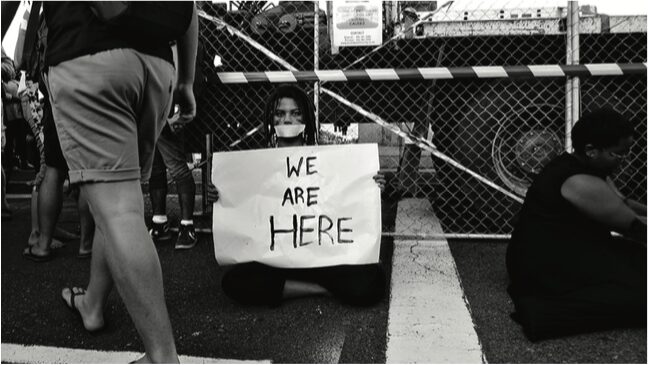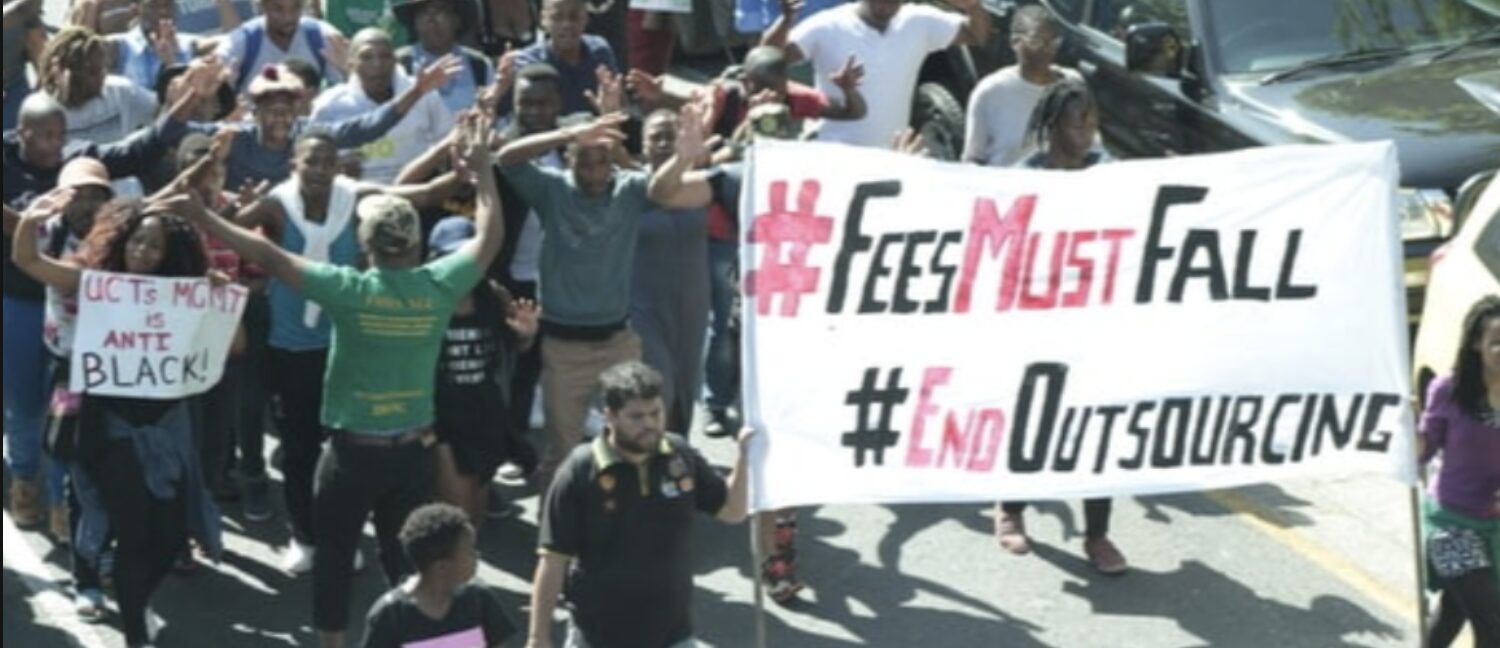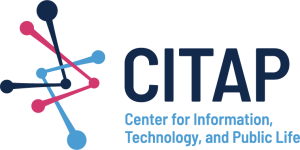Global Disruptions: Platforms, Power, and Contested Communication
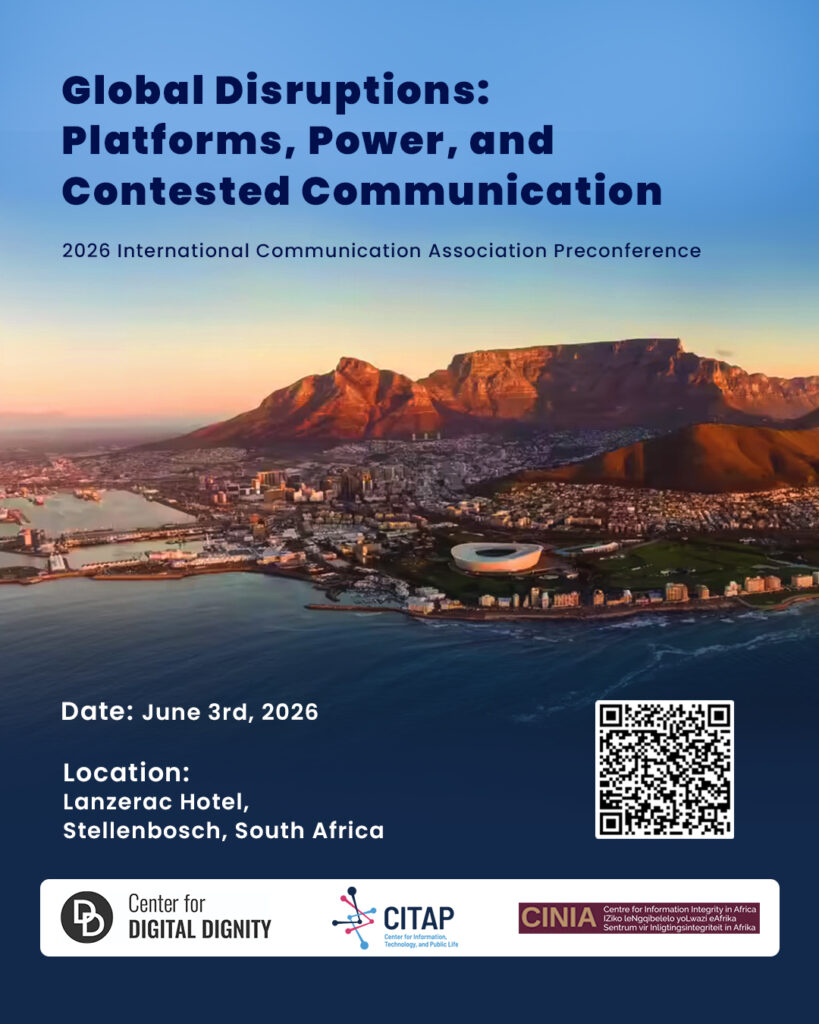
Global Disruptions: Platforms, Power, and Contested Communication is an in-person, full-day preconference that will bring scholars together to understand the complicated role of media and communication in disrupting states and societies around the world. This includes threats to democratic norms and institutions, enabling forms of authoritarianism, and perpetuating global inequalities as well as fostering social movements and resistance to oppression and exploitation. The conference will be organized around four tracks of scholarship. The first concerns contested communication, highlighting the rise of hate speech, disinformation, and extreme speech, with a special focus on encrypted messaging, recent shifts in platform self-regulation and accountability, and the role of small social media platforms. The second concerns social movements, with a special focus on youth movements from around the world, including the African continent, representing the historic location of ICA 2026. The third considers the role of media and communication in authoritarianism and democratic backsliding in comparative contexts. The final track concerns neo-colonial platform capture, detailing how Western and Chinese technology companies shape the internal laws, norms, and regulations of states through mechanisms such as content moderation, lobbying, data, and artificial intelligence, as well as state-backed disinformation and influence operations.
The overall objective of this preconference is to convene a community of scholars from across the communication subfields to explicitly analyze the relationship between media, communication, political institutions, and social and political movements. The preconference aims to bring together scholars from disparate subfields, disseminate groundbreaking research, provide a platform for networking and knowledge exchange, and enrich one another’s thinking through new concepts, ideas, and methods. At the end of the preconference, we hope that scholars will have a richer network of collaborators, that graduate students will find mentors for their interdisciplinary work, and that feedback on work garnered at the preconference will improve work for submission for publication.
We invite presentation proposals of between 800-1200 words to any of the four tracks. We are open to original research, theoretical, or methodological papers, in addition to work that centers practice, including a focus on pedagogy, organizing, advocacy, outreach, or policy interventions. The format of the preconference will be based around presentations and responses, with the goal of dialogic, interactive exchange. Based on your submission, you might be selected to be a respondent. The following provides more details about potential papers that would be included under our four tracks:
Track 1: Hate Speech, Disinformation, and Extreme Speech 
- AI fakes and AI tools in disinformation campaigns
- Shifts in platform self-governance and accountability - cutting down Trust and Safety teams & human evaluation; regulatory evasion and ethical violations of Big Tech
- Hate-based attacks on social media – what has changed?
- Small social media platforms – far-right fringes, hateful subcultures, radical resistance
- Encrypted messaging and extreme speech
- Threats and harassment as attacks on civil society, including journalists
Track 2: Social Movements and Online Organizing
- Youth movements around the world, with a special focus on Africa
- Generational shifts and young people’s political attitudes
- Campus activism and global mobilizations
- Local organizing and social impacts
Track 3: Authoritarianism and Democratic Backsliding in Comparative Contexts 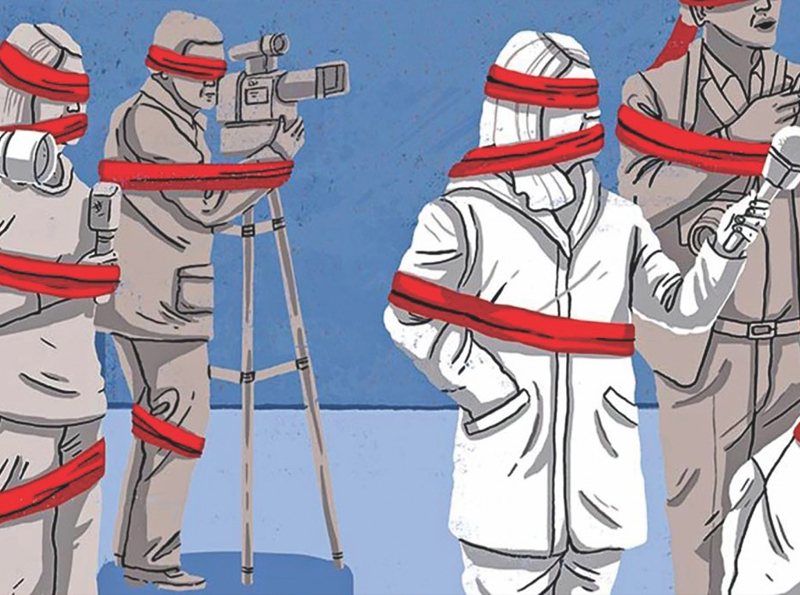
- Threats to democratic norms and institutions
- Alliances between tech, capital, and authoritarian governments
- Communication in times of war, violence, destruction, and general uncertainty
- Far-right regimes and media freedom
- Risks and threats to researchers
- Pedagogy, critical thinking, and collective action
- Democratic ethics and values in new media content creation
- Using new technologies to empower a more democratic citizenry
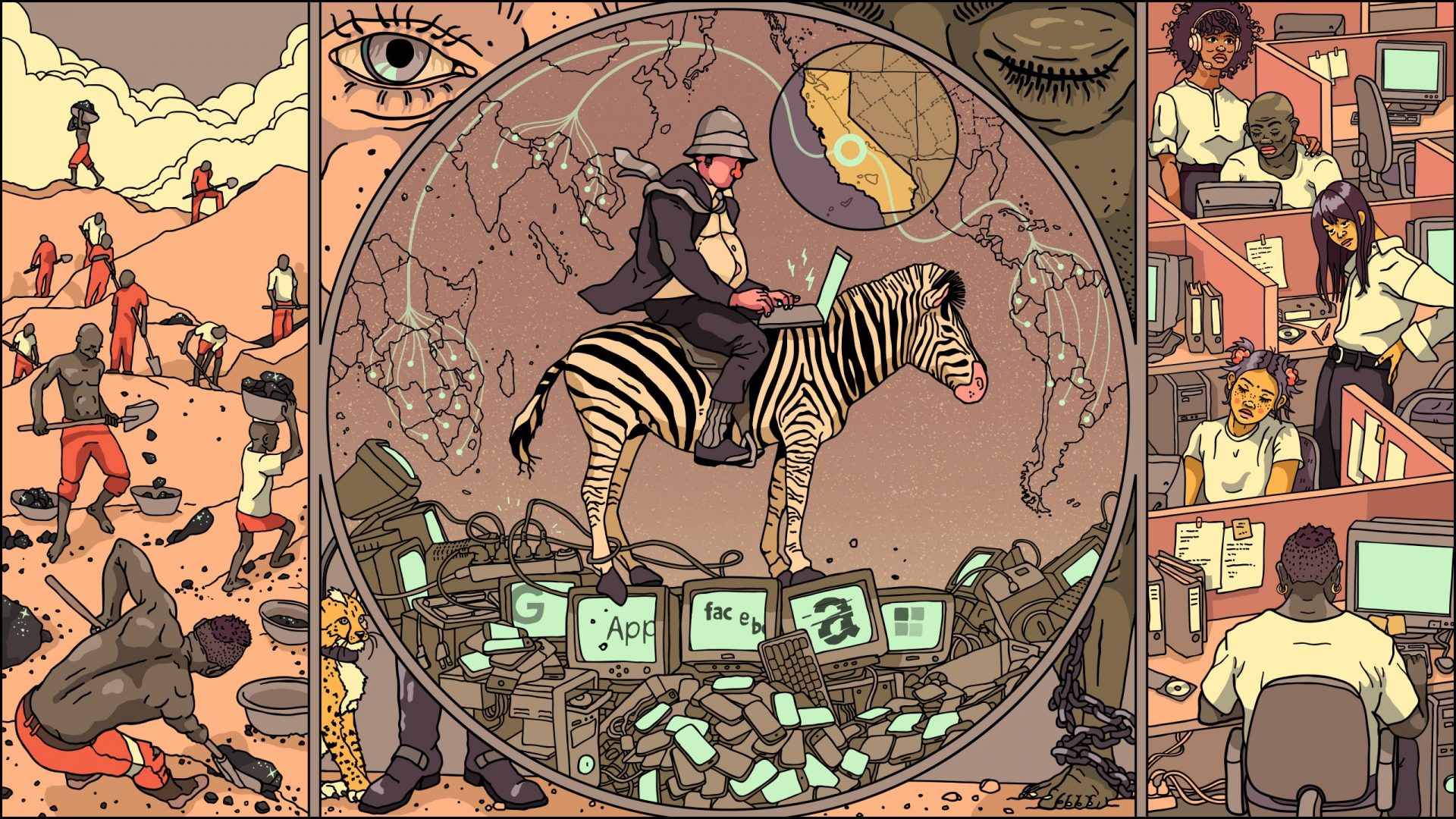
Track 4: Neo-Colonial Platform Capture
- Natural resources and data extraction, AI and data colonialism
- Inequalities in digital infrastructure
- Global disparities in platform governance and content moderation
- Decoloniality and the digital
- Digital sovereignty
Submission Guidelines
We invite presentation proposals of between 800-1200 words to any of the four tracks. We are open to original research, theoretical, or methodological papers, in addition to work that centers practice, including a focus on pedagogy, organizing, advocacy, outreach, or policy interventions. To submit, please complete the submission form located here.
Key Dates:
- Submission Deadline: February 6th, 2026
- Acceptance notifications by February 28, 2026
- Program release: April 2026
Contact: If you have any questions, please feel free to reach out to Daniel Kreiss at dkreiss@email.unc.edu.
Organizing Committee
Sahana Udupa & Job Mwaura - Ludwig-Maximilians-Universität München, Centre for Digital Dignity
Khadijah Costley White - Rutgers University, School of Communication and Information
Herman Wasserman, Yossabel Chetty, & Daniel Roodt - Stellenbosch University, Centre for Information Integrity in Africa
Patricia Rossini - University of Glasgow
Daniel Kreiss, Jaylexia Clark, & Lorcan Neill - University of North Carolina at Chapel Hill, Center for Information, Technology and Public Life
Bruce Mutsvairo - University of Utrecht, Department of Media and Culture Studies
Preconference Submission Guidelines
We invite presentation proposals of between 800-1200 words to any of the four tracks. We are open to original research, theoretical, or methodological papers, in addition to work that centers practice, including a focus on pedagogy, organizing, advocacy, outreach, or policy interventions. To submit, please apply on the form located here.
Key Dates:
- Submission Deadline: February 6th, 2026
- Acceptance notifications by February 28, 2026
- Program release: April 2026
Contact: If you have any questions, please feel free to reach out to Daniel Kreiss at dkreiss@email.unc.edu.
Information on Registration to come.
Information on Program Schedule to come.
